Drowning Diplomacy: Taiwan’s Receding Influence Across Pacific Islands
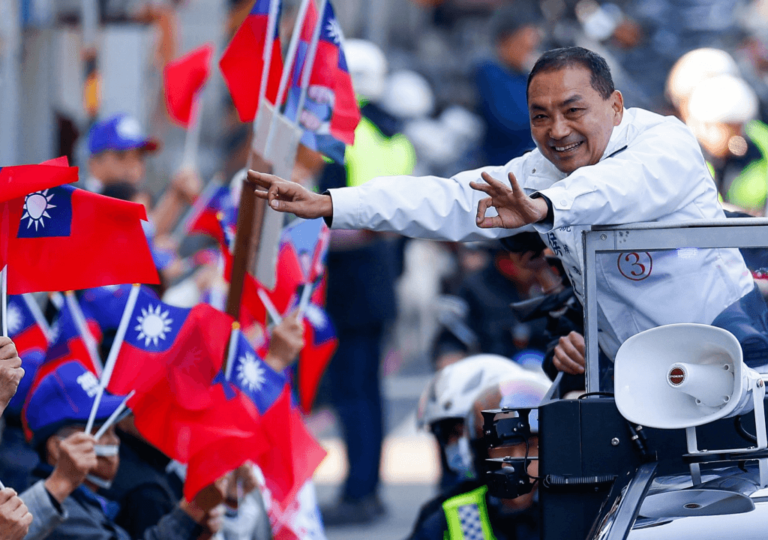
Taiwan seeks global recognition amid mounting pressures from Beijing, losing Pacific allies but resiliently confronting economic coercion and geopolitical shifts.

Taiwan seeks global recognition amid mounting pressures from Beijing, losing Pacific allies but resiliently confronting economic coercion and geopolitical shifts.
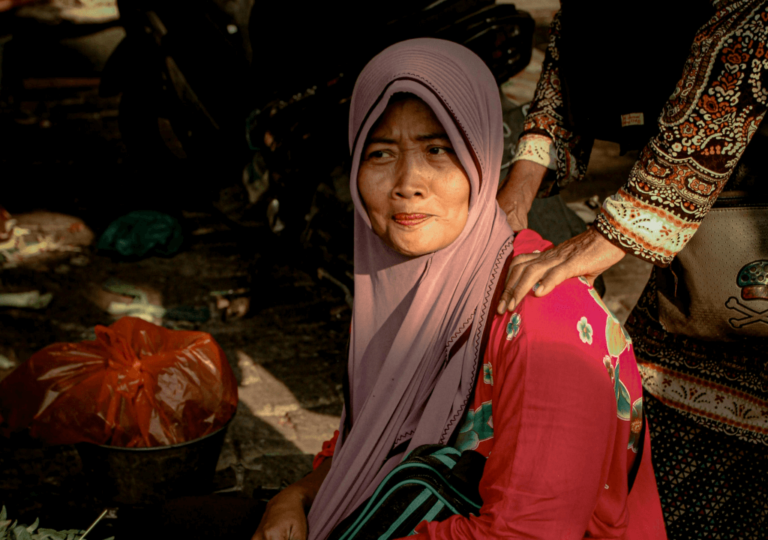
Criticism grows as Saudi Arabia dilutes Sharia; Aceh, Indonesia, enforces strict Sharia amidst tolerance concerns, shaping broader religious and governance trends.

Japan's historical prominence in Asia faces economic decline, impacting global standings and geopolitical dynamics, with implications for regional alliances.

Hamas is designated as a terrorist organization by Israel, the US, the EU, the UK, and others.
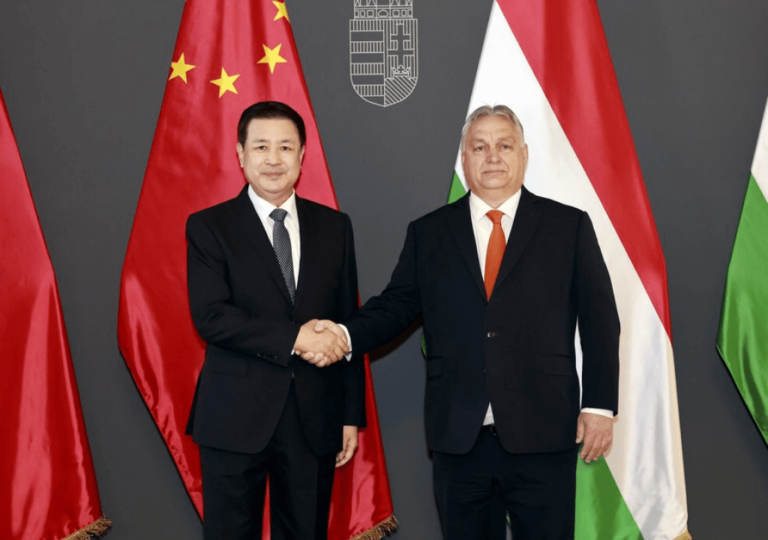
Beijing extends security cooperation offer to Budapest amid strained EU ties, aligning Hungary closer with China's geopolitical ambitions.
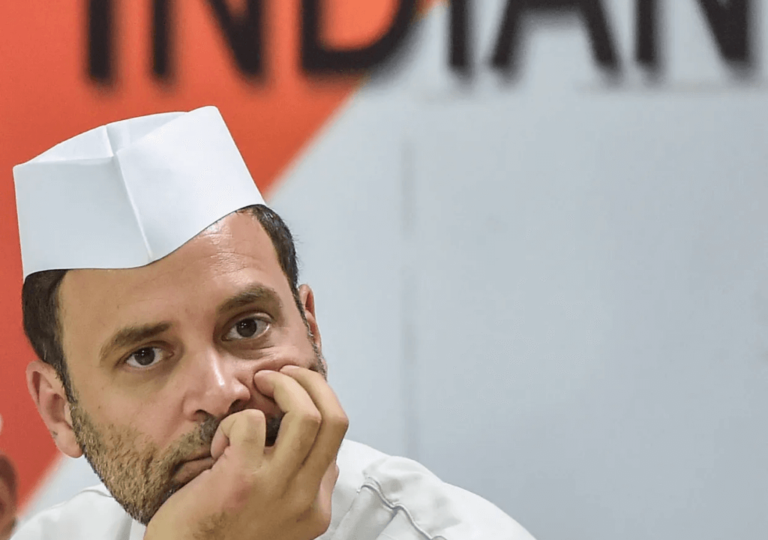
Narendra Modi's BJP dominates as India's opposition struggles to coalesce. Alliance fractures imperil democratic balance amid impending elections.

Prabowo Subianto claims victory in Indonesia's presidential election amid unofficial results, positioning himself as a potential leader amidst geopolitical shifts.
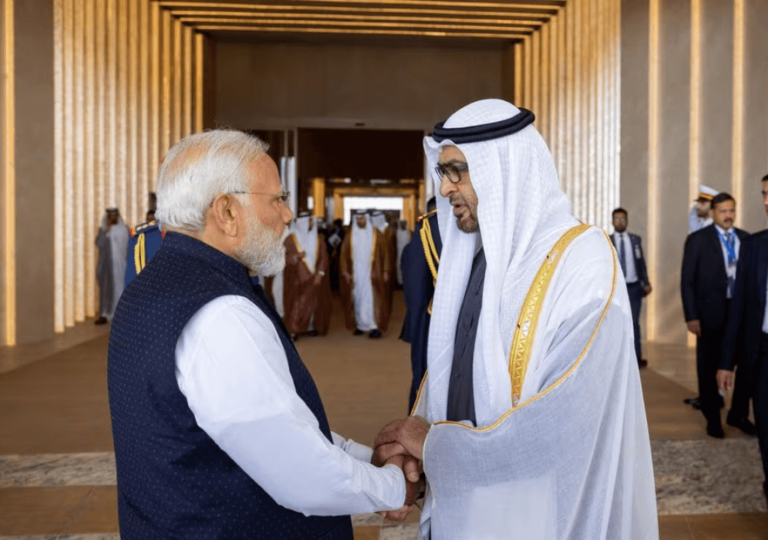
India and the UAE forge a pioneering trade corridor, bypassing Chinese influence, while enhancing regional connectivity and challenging geopolitical norms.
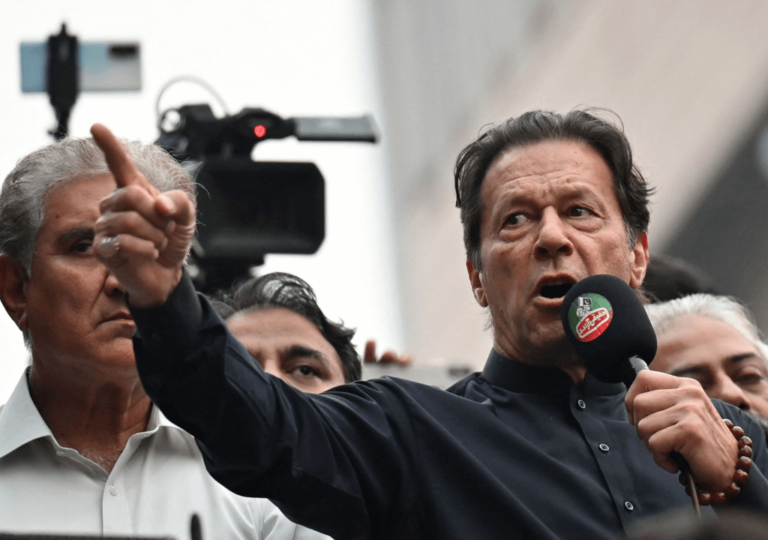
Pakistan's political landscape shifts as PML-N and PPP form a coalition, sidelining Imran Khan's PTI despite winning votes.
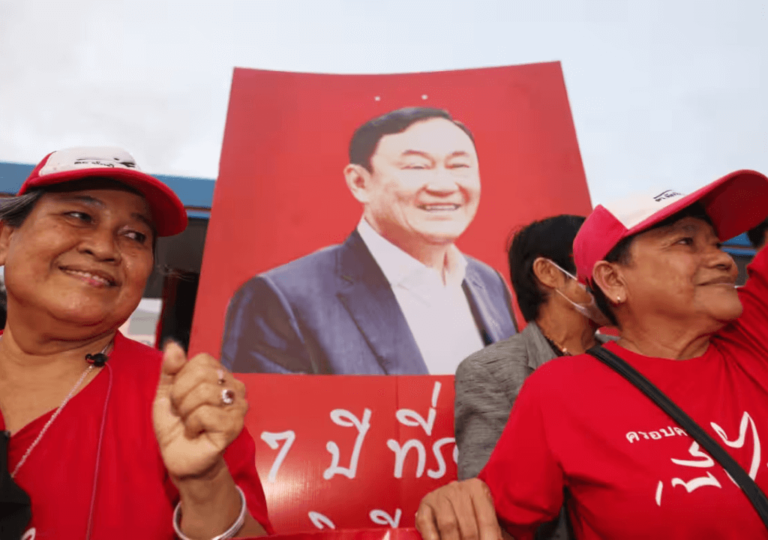
Thailand's justice minister announces Thaksin Shinawatra's release, signaling complex political maneuvers and potential implications for populist leaders and authorities.